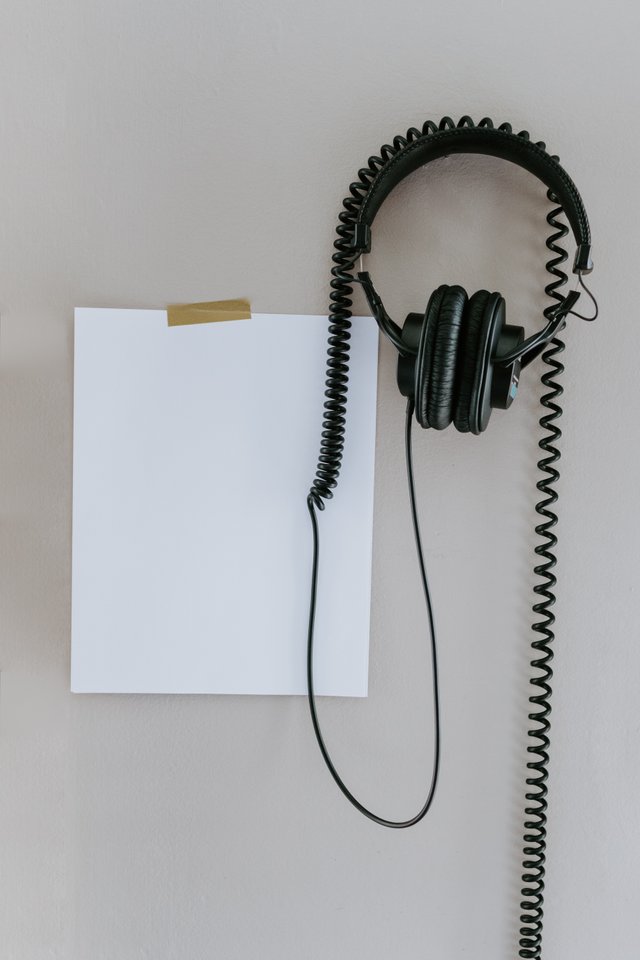10 Health benefits of hearing music
Many of us associate music with way more than just sound. It's a way of escaping our problems, of quieting our fears or even to see our feelings putten into words. What if I told you that is not just a feeling? Studies have been proving that it actually brings a lot of benefits to our body, not just by those who play it but by simply hearing it.
Here is our top 10:
1.Improves mood. Maybe the most obvious one. By getting into the music, you go outside your body, getting in an ultimate state of relaxation. Studies show that listening to music can benefit overall well-being, help regulate emotions, and create happiness and relaxation in everyday life.
2.Reduces stress. By listening to ‘relaxing’ music (generally considered to have slow tempo, low pitch, and no lyrics) has been shown to reduce stress and anxiety in healthy people and in people undergoing medical procedures (e.g., surgery, dental, colonoscopy).
3.Calms anxiety. This new reality that your brain creates, helps you release serotonin (the happiness hormone) which consequently reduces anxiety. In studies of people with cancer, listening to music combined with standard care reduced anxiety compared to those who received standard care alone.
4.Improves exercise. If you don't know how to boost your workouts or get extra motivation to go for an outside run, play some upbeat music (<100bpm) and you're set. Studies suggest that music can enhance the aerobic exercise, boost mental and physical stimulation, and increase overall performance.
5.Improves memory. Repetition has been proven to be one of the best ways of memorizing. Research has shown that the repetitive elements of rhythm and melody help our brains form patterns that enhance memory. In a health study of stroke survivors, listening to music helped them experience more verbal memory, less confusion, and better-focused attention.
6.Eases pain. Maybe also with the placebo effect of distracting you from the "pain" some studies of patients recovering from surgery, those who listened to music before, during, or after surgery had less pain and more overall satisfaction compared with patients who did not listen to music as part of their care.
7.Provides comfort. Music can be used as a friend, or as a company, as it creates the sensation of comprehension and cares that we sometimes even lack from closed ones. Music therapy has also been used to help enhance communication, coping, and expression of feelings such as fear, loneliness, and anger in patients who have a serious illness, and who are in end-of-life care.
8.Improves cognition. Music is very complex - rhythms, lyrics, melodies, harmonies, and all the metaphoric variants, require a lot of brain activity for clear understanding. Listening to music can also help people with Alzheimer’s recall seemingly lost memories and even help maintain some mental abilities.
9.Helps children with an autism spectrum disorder. Studies of children with autism spectrum disorder who received music therapy showed improvement in social responses, communication skills, and attention skills.
10.Soothes premature babies. Live music and lullabies may impact vital signs, improve feeding behaviors and sucking patterns in premature infants, and may increase prolonged periods of quiet–alert states.
As shown, hearing music is way more than noise to fulfill empty or awkward silences. Benefits like this can double or triple by passing from hearing to playing. Would you like to know more about it?

(some info was provided by gethealthystayhealthy.)